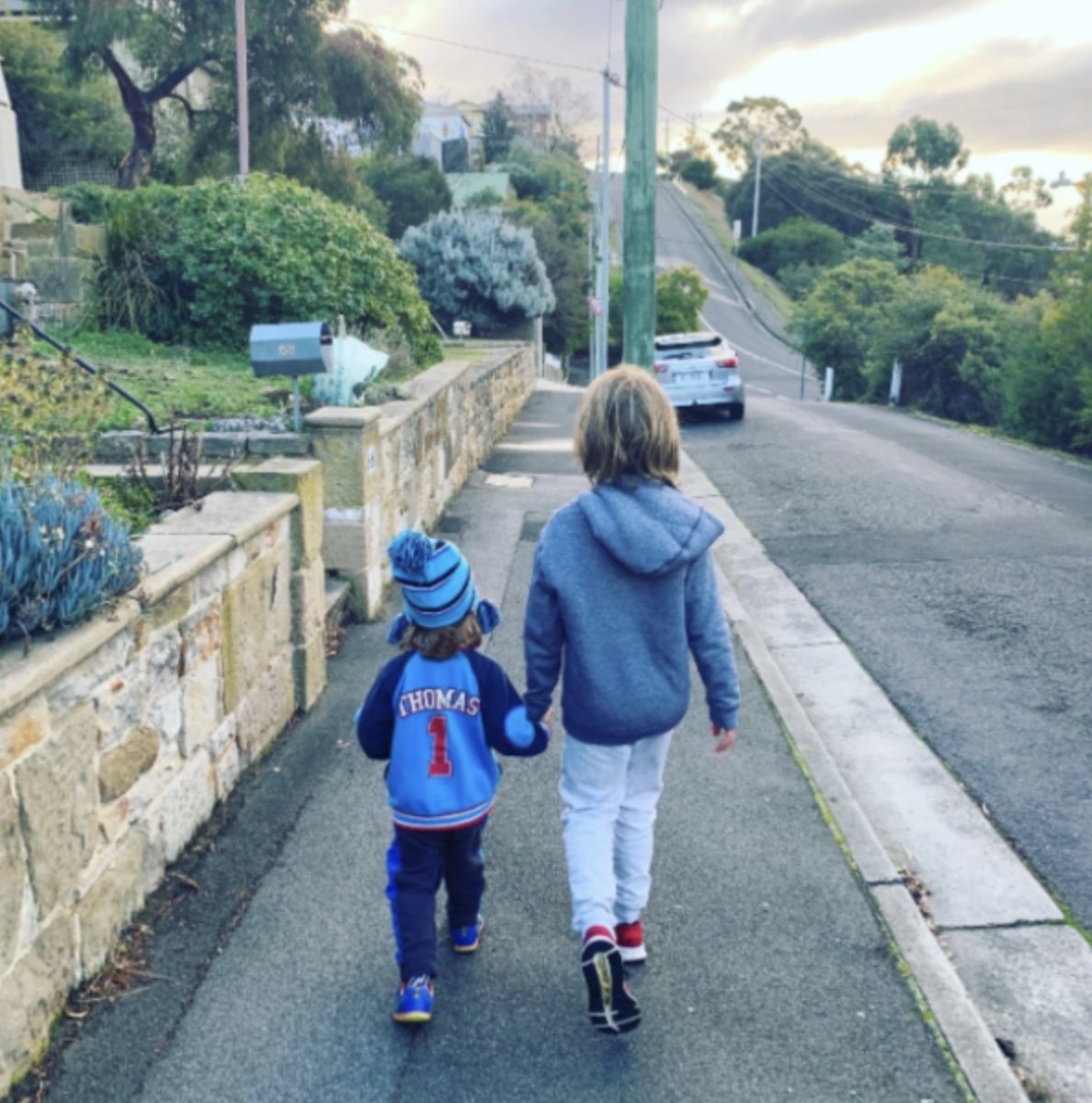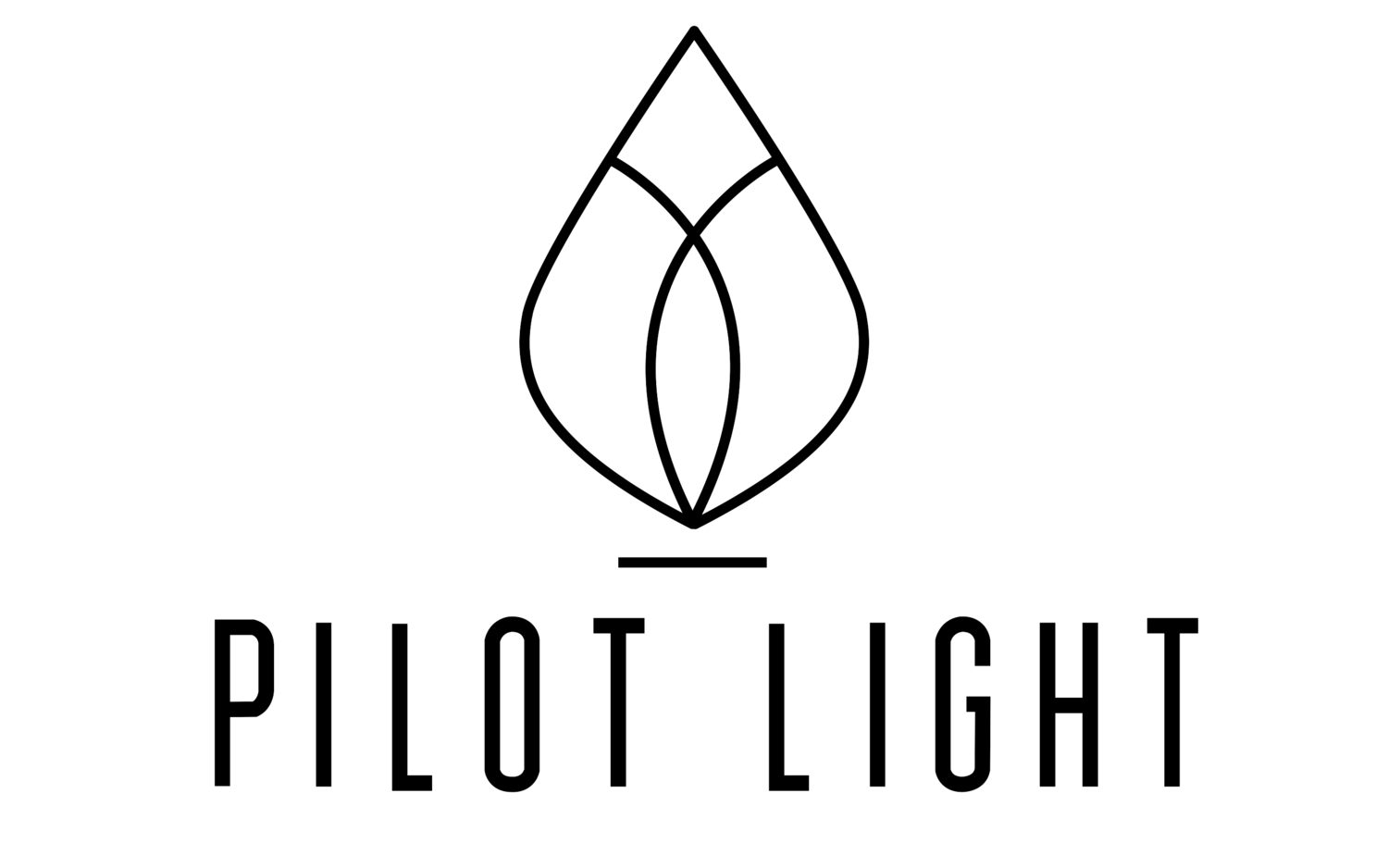
Gratitude by Zoë Coyle
Routine can feel like a prison, but it can also be comforting and stabilising. Each evening when I draw the curtains throughout my home, I feel gentle happiness, a hum of gratitude. I’m shutting up shop, battening down the hatches, folding in with my family. Another day coming to a close. Something about this shutting of the curtains moves me and reminds me to count my blessings. Research tells us that counting our blessings, or giving thanks is a deeply powerful tool for bringing more happiness into our lives.

Grief is the price we pay for love by Zoë Coyle
My mother, whom I adored, died when I was in my early twenties. She had a degenerative disease of the brain, Progressive Supranuclear Palsy, PSP. It’s rare. You’ve probably never heard of it.

The Art of Breathing versus the Act of Breathing by Zoë Coyle
My advice to you is take a cigarette break. Just do it without the ciggie. Nicotine is a stimulant right? Immediately after inhalation, there is a kick caused in part by the drug’s agitation of the adrenal glands, resulting in the discharge of epinephrine or adrenaline. So why is it that smokers feel relaxed when they smoke? It’s because they are taking the time to breathe, deeply.

Valuing Taco Man by Zoë Coyle
In June I did a ‘Living into our Values’ exercise with Dr Brené Brown in Texas. On one page was an extensive list of values and she invited us to drill down and choose two, just two, that sit at the core of who we are as individuals. She defined values as the beliefs that are most important to us, that fill us with our sense of purpose. She warned not to pick values that we wish we had, or that our parents would want us to have. She also warned not to judge our values.

The Art of Playfulness by Zoë Coyle
I’m passionately into many things, but if I had to distil my list down to a three, they would be: love, connection and playfulness.

Hoffman Process by Zoë Coyle
The Hoffman Process is an intensive week long residential personal growth retreat that helps participants identify negative behaviours, moods and ways of thinking that developed unconsciously and were conditioning in childhood.

Let’s Go In by Zoë Coyle
When you feel threatened or stressed how do you behave? Do you rant and dole out blame? Do you withdraw and seethe with righteous resentment? How do you cope with feedback and/or conflict? What’s your bonkers behavioural drug of choice? Did you learn and reproduce the patterns of your parents? Or have you marched 180 degrees from their choices desperately hoping to evolve?
